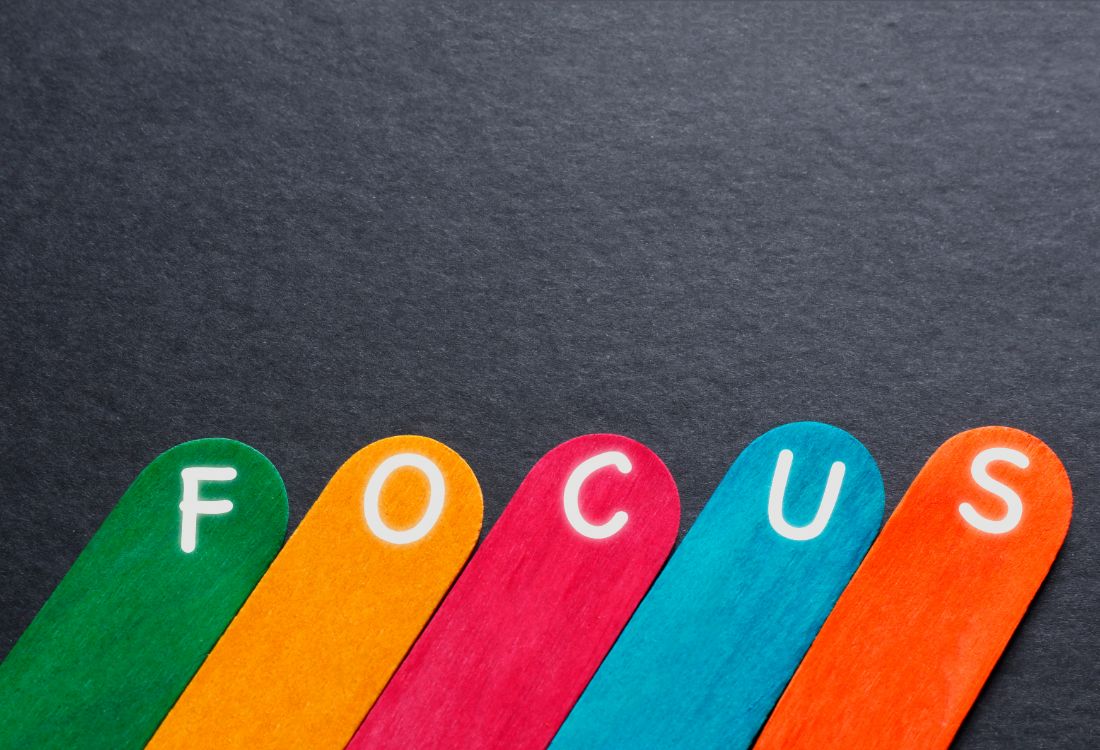
How to stay focused on what you really want
Anytime you find yourself stuck, there’s a conversation you’re either avoiding or not holding well.
Whether it’s a problem with quality, customer satisfaction, or a strained relationship—whatever the issue—if you can’t talk honestly with the people involved, you can expect poor results. However, just speaking honestly isn’t enough. First, you need to consider your motives for speaking to the person and the long-term result you want to achieve as this will help you decide how to frame the conversation.
Some years ago, I got a parking ticket… whilst parked in my own parking bay! I had only moved into the flat a few months earlier and the concierge had been very helpful on the day I moved in, telling me where to park, how to access the lifts and so on. So, imagine my surprise, frustration and anger when I saw that he’d placed a yellow sticky envelope on my windscreen. I went looking for the concierge, determined to let him have a piece of my mind – why hadn’t he made it clear that I needed a parking badge on display?
Thankfully, for me as well as him, he wasn’t there. Needing to vent, I phoned a friend; “You’ll never guess what’s happened? That concierge has stitched me up… wait ‘til I see him!”. All common sense had been washed away by a tide of adrenalin and anger. Thankfully, my friend resisted joining in with my rant; instead she calmly listened and then asked me a few incredible questions:
“OK, say you go and speak to him now, in this frame of mind. What do you think the outcome will be?”
“Erm, well I’ll feel better that’s for sure!” I snapped
“But, will you still have the parking ticket?” she probed
“Hmm, yes, I will” I admitted
“So, ask yourself, ‘what do you want’… do you want to ‘win’ and for him to ‘lose’, to make him feel small, to let off steam or for the ticket to be torn up?”
Naturally, what I actually wanted was for the ticket to be torn up and cancelled and although, in the short term I wanted to shout at someone, I have to admit, that wasn’t really going to get me anywhere. And I’d probably feel worse afterwards if I was being honest with myself.
“OK, I think I know what you’re getting at” I conceded. I took a step back and thought about my motive. I thought about the concierge and how he might feel. I’d seen other residents being very dismissive of him and occasionally rude. I didn’t want that for him and I realised that how I dealt with him would have a massive bearing on the outcome of the conversation.
I wanted the ticket to be cancelled, but not at the expense of his dignity and our future relationship. I took some time to calm down and then went to speak to him. I was pleasant and calm, I assured him I would pay if I had to, but appealed to him, stressing it was a genuine error and acknowledging the help he’d given me previously. Almost instantly, I saw him physically relax, safe in the knowledge that I wasn’t there to attack him. We were able to get to dialogue pretty quickly and after a short discussion, he apologised for the mistake and said he’d have the ticket quashed.
I learnt a valuable lesson that day; my emotions had hijacked my brain and my motive of revenge was just not going to get me the right result. Now, as soon as I feel the onset of conflict, I consciously ask myself “OK, what do I want here, for everyone involved?” and then I think about what sort of behaviour complements that motive.
I lived at the flat for 2 more years and went on to have a great relationship with the concierge, even getting a very rare, much coveted additional parking space when I had visitors, something the other (rude) residents just couldn’t fathom.
Image Source: Canva


